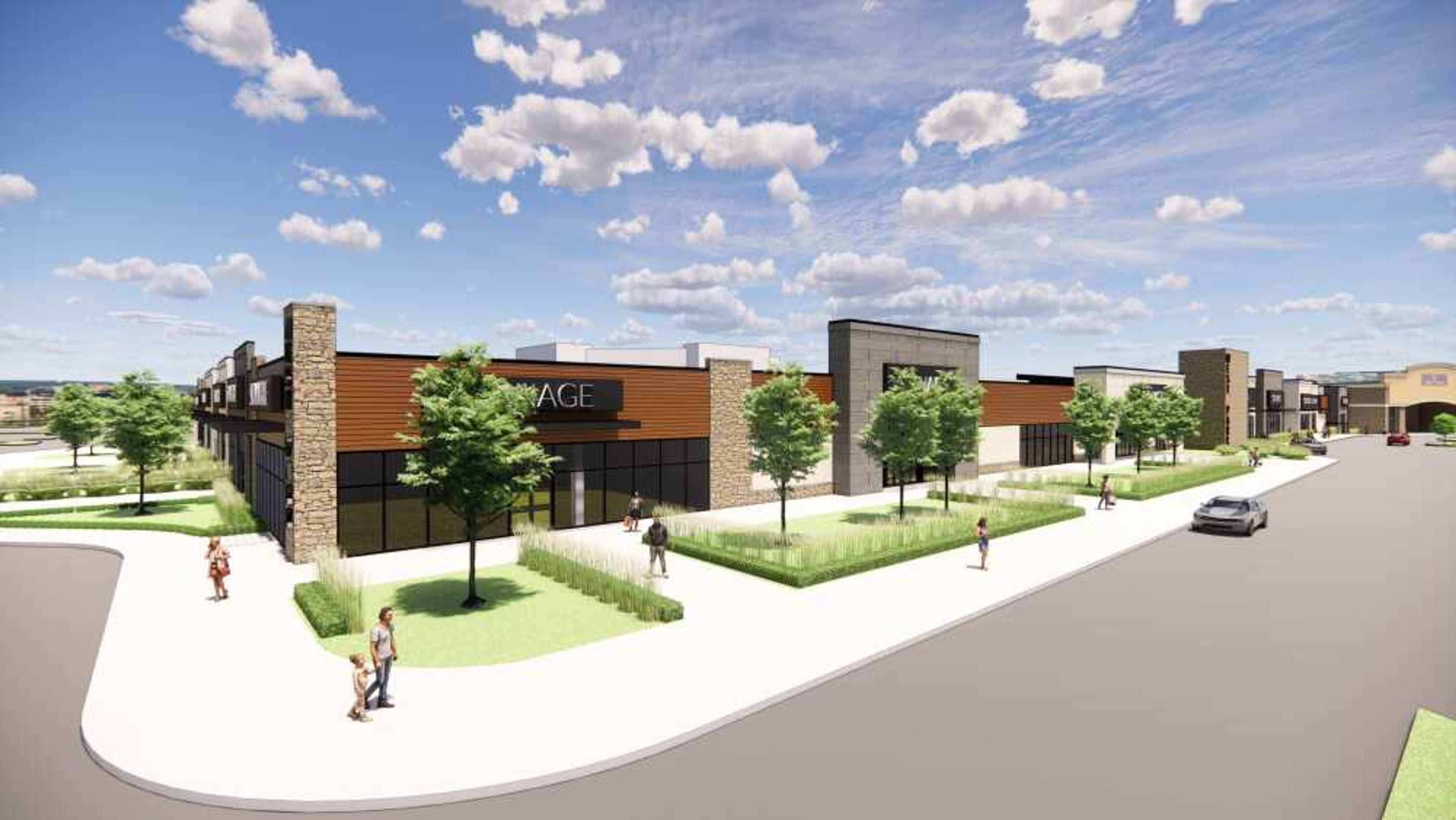The financial breakdown of the West Park Mall project: TIF, CID, and TDD explained
Unpacking the West Park Mall funding: TIF, CID, and TDD demystified. Learn how these mechanisms work, their impact on taxes, and the developers' financial commitment to revitalizing Cape Girardeau's retail hub.
There appears to be lingering confusion about the funding mechanism for the West Park Mall project. As a longtime member of the TIF committee with 30 years of experience as a commercial real estate lender, I feel that I have a pretty good understanding of how this works and will attempt to provide some clarification with the following bullet points:
• Approximately 18% of the cost of the mall project is being funded through a TIF. This is at or below the average percentage of projects funded by TIFs in Missouri.
• The assessed valuation of the mall has been steadily declining for several years, thereby reducing the real estate taxes generated from the mall.
• The TIF locked in the assessed valuation, preventing it from declining further.
• The mall developers will pay annual real estate taxes based on the assessed valuation of the mall at the time the TIF was implemented. As the valuation grows beyond the starting point, the taxes assessed on the increase in value they pay the county will be redistributed to them as TIF funds. The taxes assessed on the starting valuation will still go to the local taxing entities as they did before.
• Funds distributed to the developers are not paid from taxpayer dollars. They are paid from taxes (or payments in lieu of taxes) paid by the developers.
• As with the real estate taxes, 100% of the sales tax generated by the mall at the inception of the mall project will continue to go to the taxing entities. Fifty percent of the sales tax generated by the increase in sales at the mall due to redevelopment will also go to the taxing entities. The developers will get the other 50%.
• The key question with TIFs is whether the project is viable without the use of a TIF. This is the determination the TIF committee has to make. In the case of the mall project, all of the members of the committee except for Adrian Henry felt a TIF was necessary for this project to be viable.
• The CID (Community Investment District) and TDD (Transportation Development District) together will fund roughly 30% of the cost of the mall project. These do not utilize any taxpayer dollars. These are self-imposed taxes that will be paid by customers of the mall and tenants in the mall. Customers will pay an extra 1% for the CID sales tax and another 1% for the TDD sales tax. In addition, mall tenants will pay an additional $2/square foot, which goes to the TDD. Several CIDs are already in place in Cape, including the Downtown CID and the Town Plaza CID.
• The developers' projections have them funding 52% of the mall project costs. With an investment of $55 million, they clearly have some skin in the game.
• It is a distortion of facts to state that $145 million of taxpayer dollars is going to the developers to fund a $107 million project. One, these are not taxpayer dollars, and two, the funds from the TIF, CID and TDD are generated over time and are used to make payments on loans obtained by the developers. It is more accurate to look at the present value of these “future” funds and the amount of debt they will support. For this particular project, these numbers are roughly $18 million from the TIF, $18 million from the CID and $12 million from the TDD versus a total project cost of $104 million.
• Malls like ours have been closing all around the country for years. Buying and redeveloping a mall today is clearly a risky venture and requires a creative game plan, expertise in developing and sufficient financial strength to obtain bank loans. The availability of a TIF, CID and TDD significantly increases the odds of success for the project and will hopefully result in a finished project that attracts additional retail shoppers to Cape who will hopefully spend money at other businesses while here.
I am passionate about Cape Girardeau and any economic development opportunities that will benefit it. In my opinion, the mall project has the potential to be a game changer that will provide enhanced shopping opportunities for local and regional customers and generate significant sales and real estate tax revenue in the upcoming years. I feel that the developers have a good game plan, and I look forward to seeing the finished product.
Danny R. Essner is a resident of Cape Girardeau and a member of the city's Tax Increment Financing (TIF) Commission.
Connect with the Southeast Missourian Newsroom:
For corrections to this story or other insights for the editor, click here. To submit a letter to the editor, click here. To learn about the Southeast Missourian’s AI Policy, click here.










